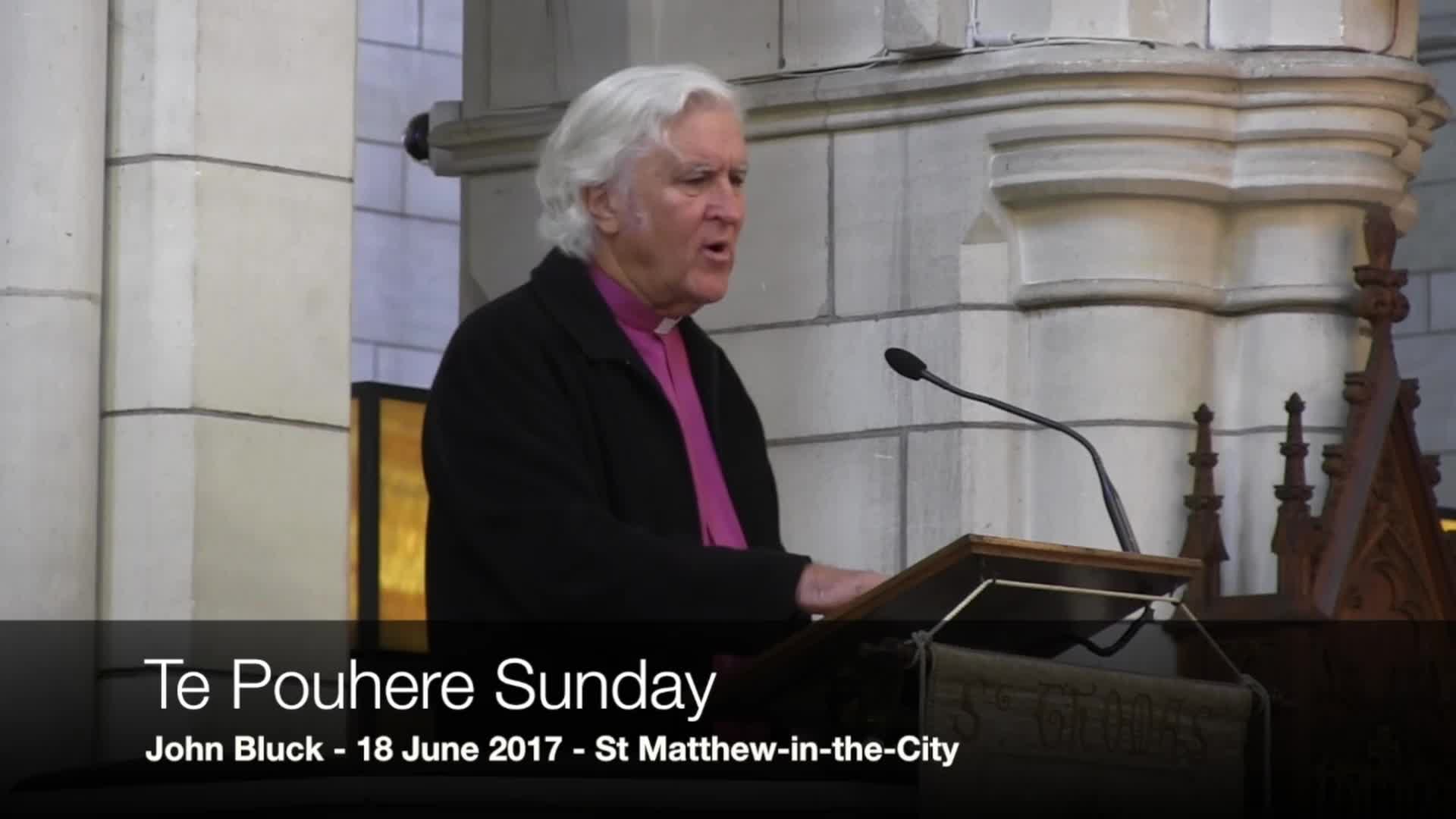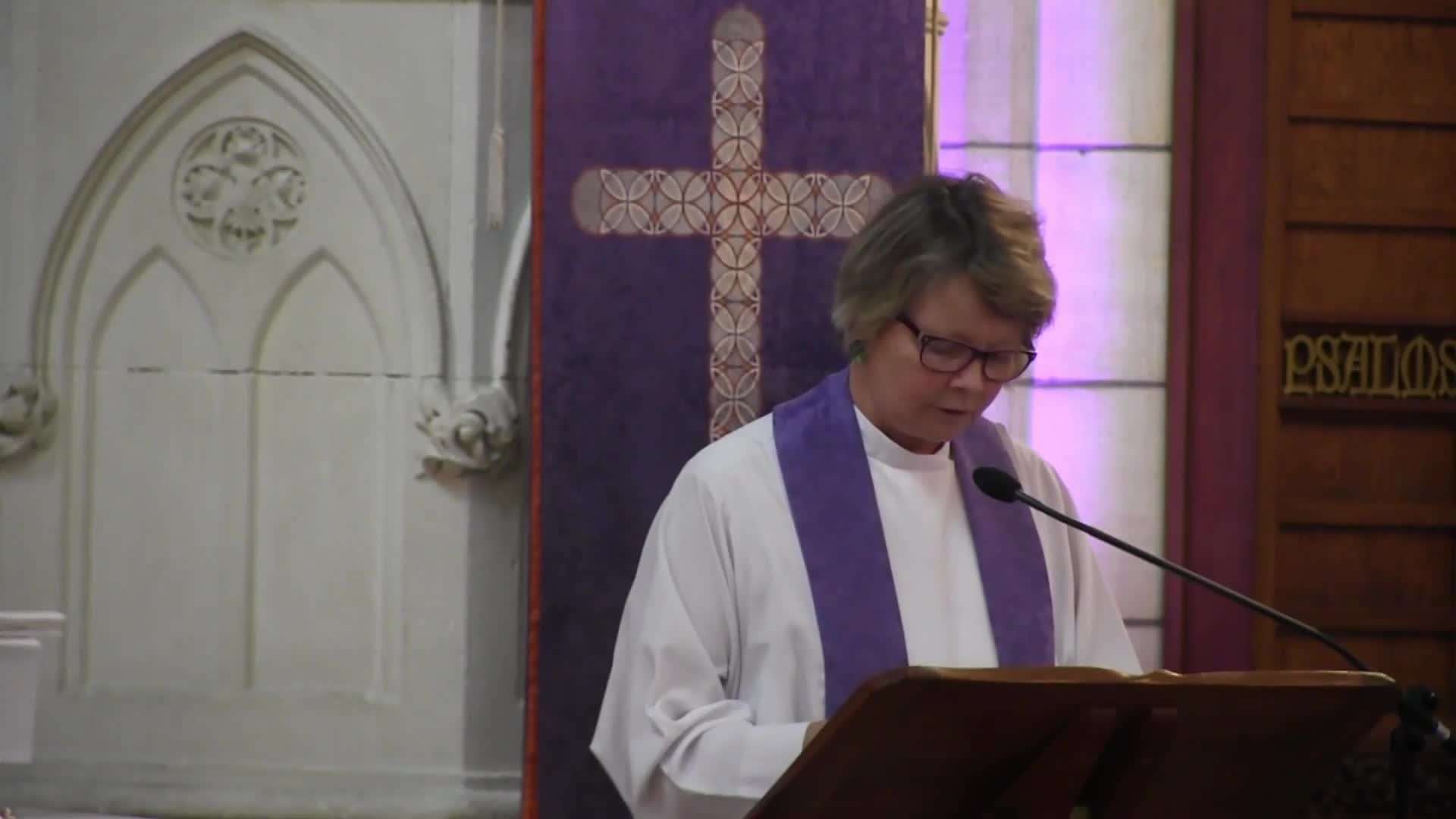
Home
Learning
Mary and Elizabeth - a biblical antenatal group
Helen Jacobi explores the Advent season through the characters of Mary and Elizabeth from Luke’s gospel


Climate Crisis

Te Pouhere

What is religious freedom

Our Land?

Climate Change - can we make a difference?

Jesus and the politics of power

Climate Crisis Statement

The Grand Piano
